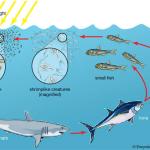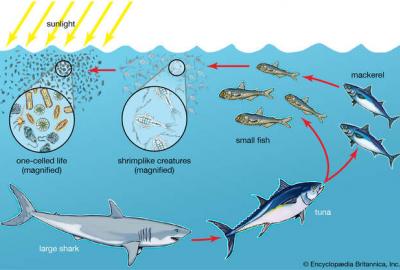Life History Strategies and trade-offs
Organisms' life history strategies reflect the trade-off of finite resources to competing functions such as maintenance, growth and reproduction. It follows therefore, that allocation of resources to a reproductive event (for example) will come at a cost to growth, maintenance and possible future reproductive events. This module will explore relationships between: age and size, survival and reproductive performance. It will investigate the interaction between phenotypic variation resulting in selection coupled with the expression of genetic variation that facilitates a response to selection.
This module introduces the study of life history strategies reflecting pressures concerning options in terms of:
- What size or age to commence reproduction.
- The frequency and timing of reproductive events.
- Should an organism reproduce once, or many times in its life?
- What investment in terms of time and energy should it devote to reproduction versus growth and
- maintenance?
- How many offspring are produced?
All of these and more have evolved into an organism's life history strategy with consequences for their survival. This module will examine the evolution of life history strategies and implications for species' ability adapt to pressures.
Course Contents
- Introductory demography
- Introductory quantitative genetics
- Evolution and trade-offs of life history traits:
- Age and size at maturity
- Number and size of offspring
- Reproductive lifespan and ageing
- Case studies
Final Competencies
1 Discuss the evolution of life history strategies.
2 Differentiate models of population growth.
3 Describe the influence of genetics on demography.
4 Interpret physiological and evolutionary tradeoffs.
Additional information regarding teaching methods
-
The above concepts will be covered in the theoretical component of the course by means of lectures and interactive classes.
-
The practical part of this course will include a series of in-class practical and computer work and interactions with researchers from the Marine and Freshwater Research Centre (MFRC) and industry partners.
Further course information can be found here: https://studiekiezer.ugent.be/studiefiche/en/C004335/2021




